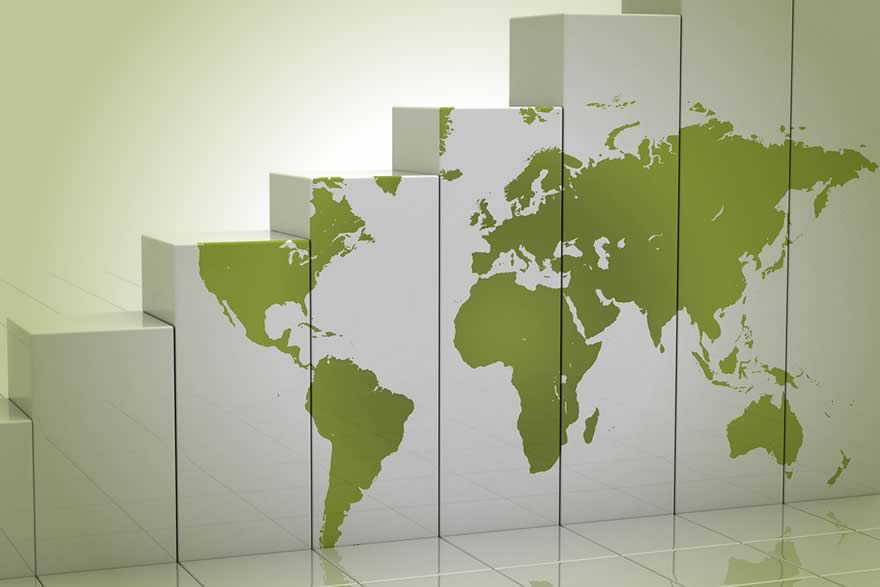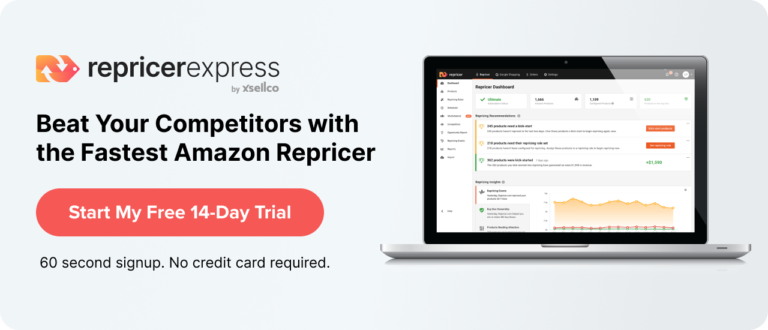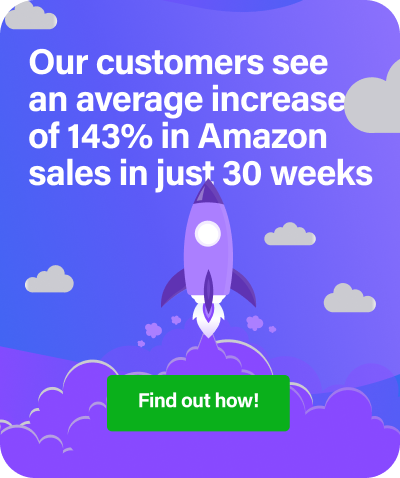Guest post by Amanda O’Brien, Amazon and eBay Expert
Are you your own worst enemy when it comes to achieving the best wholesale prices? I receive many, many emails each week from people asking for reliable UK wholesale sources for pretty much every product you can imagine. But the truth is, while I do personally use some UK suppliers, I actually favour Chinese manufacturers. Mainly because I have always found that their prices are far more competitive.
The issue is if you are new to importing, it all appears rather scary. This terror of the unknown, coupled with information you may have seen online telling you such things like Alibaba is full of scammers and all Chinese wholesalers just want to rip you off, will, of course, make you feel uneasy. But what this means is you may end up never even beginning the research process required to source competitively priced products from Chinese manufacturers.
And that’s a real shame, because in this case, by being frightened, believing all you read and not actually undertaking any research yourself, you simply become your own worst enemy – and that will hinder your online success This is why I want to tell you a little bit about sourcing from Alibaba because I hope I can go some way to putting you more at ease and dispelling the myths you might have heard on your online travels. Yes, I agree… it is scary!
Firstly, please don’t think I don’t know exactly how frightening it is just thinking about ordering products from a supplier who is based internationally. I’m not going to try and paint a rosy picture here and try and convince you it’s so terribly easy to import products – remember, I’ve been there, done that. That won’t give you a true picture of how it all goes.
I’ve been a quivering wreck as I made the bank transfer. I’ve worried that my money had disappeared into the ether never to be seen again. I’ve panicked when shipments haven’t arrived on schedule. I’ve dealt with goods being held up in customs and not being released for two weeks. Indeed, I’ve dealt with all of this and all the other stuff that occasionally happens when you source products.
But while you do need to know the things I’ve just mentioned might happen to you, they also probably won’t. And you will find even if they do happen to you, you will sort it all out and learn something along the way. Every step of your online business you take – including the inevitable mistakes you will make – will actually teach you something positive.
I also know because these worries may or may not happen, it’s very tempting to want to stick with what you think is your comfort zone – the good old UK suppliers. Nothing can go wrong because we’re all in the same country, right? Well, you’re not wrong … but you’re not right either!
There are always pros and cons to product sourcing, wherever your goods are originating from. As you will be more than likely aware, China has become known as the ‘manufacturing centre of the world’. China manufacturers are able to produce virtually any type of product very cheaply, which has made them an absolute ‘must have’ source for anyone who is importing. But, I’m not just talking about the big businesses and brands sourcing their goods from China.
Small businesses, eBay and Amazon sellers like you and me – and other individuals who run businesses from home – we are all able to profit by sourcing our products from suppliers in China and other overseas locations. And sourcing this way can be very straightforward and not as terrifying as you might think.
Research and verification is key.
Understand you can’t just close your eyes and pick out a supplier from a list of Chinese manufacturers and hope for the best. You must use a good filtering system as part of your research to ensure you only deal with genuine, reliable suppliers, particularly on Alibaba.com.
1. Filter the results to Gold Supplier, Assessed Supplier and Trade Assurance
These are three little check boxes you can tick at the top of the search results, so always make sure you do so. Look for the Gold suppliers within those results who have been trading for at least two years as an absolute minimum. Bear in mind that Gold suppliers who are in their fifth year onwards will be very well established and it’s highly unlikely that they are scammers!
Assessed suppliers will have been verified by a third party company and will have an inspection report and this will also give you peace of mind.
Finally, Trade Assurance is a payment system that offers you protection if your shipment is not delivered or the goods are of poor quality… so look out for this being offered by the supplier.
So, simply by ticking three boxes before you start your research you will filter out any potential unreliable suppliers immediately.
2. Consider the supplier’s transaction history
You can see the history on a supplier’s listing in the form of a row of diamond shapes. It is based on points per transaction volume and amounts. If you’d like to see what the levels mean, click here for more.
The greater the transactions and volume, the higher the supplier’s score. If a supplier has a high score they are obviously completing many transactions and can be viewed as legitimate.
3. Look for scanned copies of official certificates
Just a word of warning on this one!
Copies of certifications such as CE or ISO shown on an Alibaba suppliers’ product page is usually proof of their legitimacy. However, fakes have been known to occur.
Certificates should contain the name of the organisation from which they were issued—and this will enable you to verify that they are genuine.
4. Find out if the supplier has an AliExpress store
If they do this is a good sign!
Visit their AliExpress store and check out their feedback to get an insight into their product quality, efficiency and reliability.
5. Follow any link to a stand-alone website
If a supplier has a website it will be clickable from their Alibaba pages. If it is in English, even better. Don’t be tempted to deal with communications through the website though.
Always stick with the Alibaba messaging service so that you have a record of all correspondence.
6. Google is your friend!
Use Google and search for ‘company name + scam’. You’ll easily be able to see any posts or reports associated with the supplier or company and get a good idea of their authenticity.
7. Payment options should be safe
Look for bank transfer or PayPal options when making payments to suppliers. If a supplier only accepts Western Union or MoneyGram then please don’t even give them a second look!
Conclusion
Following these 7 steps will take away your initial fears. Of course, you can never be 100% protected, but the chance of you being scammed if you use these simple filters is absolutely minimal. This allows you to take the next step and start with a sample order so that you can check the quality of the product and the reliability of the supplier.
And so, this beginner’s filtering system should motivate you to take those blinkers off, seriously consider sourcing from overseas and achieve competitive pricing.



